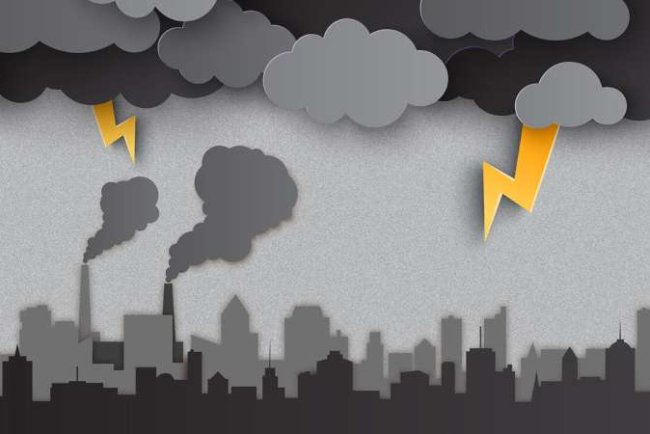Drawbacks of Bulk Groceries: A Closer Look at Sustainability Claims
Bulk grocery shopping is widely promoted as an eco-friendly alternative, but research shows hidden drawbacks including hygiene risks, information loss, and overconsumption of new containers. Without proper regulation and consumer education, bulk models may fail to meet their sustainability goals.

Bulk food shopping has become more popular in recent years as an alternative to the conventional retail system as an environmental-friendly option, boosted by greater support from green campaigns and policies. Hailed as reducing packaging waste and the use of reusable containers, the bulk system is essentially regarded as environmentally friendly and cheaper for the aware consumer. Recent research, however, questions the environmental and equitable nature of the system as widely viewed.
Bulk distribution removes manufacturer packaging, and consumers and retailers deal with the transporting, marking, and stocking of products. Consumers transport goods in their own containers or buy new ones to do so under this model, and retailers have to supply bulk stations with adequate hygiene facilities, appropriate labelling, and goods storage. Reducing single-use plastics, however, will bring in logistical, health, and social issues as well.
A survey involving interviewing, social media research, and photography finds most customers and vendors are unable to substitute the customary roles of packaging. These are, among other things, protecting products during delivery, showing important information such as expiration dates, and distinguishing among products. Some consumers try to imitate standard packaging by reusing old packaging such as egg containers or washing bottles, while others purchase new, usually foreign-imported storage units that might have an environmental component themselves.
Absoluteness of bulk installation labelling has resulted in problems like incorrect identification of commodities and unsafe storage. This is hazardous if, for instance, domestic cleansing products get put away. in food or beverage containers without warning notices. It is also feared that without instructions or nutritional information, certain foods will probably get mismanaged or spoiled, particularly by consumers with little or no cooking expertise.
Yet another point to make is that bulk shopping targets a specific group. Older, higher-income professionals are reported to be the most frequent bulk shoppers. The trend raises issues of accessibility and involvement, and it can be concluded that if systems that are more accessible are not implemented, then bulk shopping is going to be out of reach for many people.
Furthermore, rather than reuse promotion, the trend has made some consumers buy brand new manufactured containers, labels, and equipment to personalize their shopping. These products are typically made in foreign nations and leave carbon trails and negate the initial intention of reducing waste. The environmental advantages in the case of bulk purchases will be defeated if consumers continuously make fresh purchases that are equivalent in functionality to standard packaging.
The bulk market also fared poorly throughout the COVID-19 crisis, especially in France, as many specialist outlets were required to close up shop during lockdown. Supermarkets did realign their bulk departments with varying levels of success. Without strict instructions, shoppers tend to steer clear of these sections or abuse them, which reduces their utility further.
In spite of previous failures, current trends indicate that bulk shopping demand is once again increasing. In France, Bulk and Reuse Network members experienced more store foot traffic between January and May 2023 than this period last year. Support for regulation is also growing. According to French law, from 2030 onwards, stores with over 400 m² are required to allocate at least 20% of their fast-moving consumer goods (FMCG) shelf space for sale in bulk. This policy comes in line with the country's anti-waste and circular economy laws adopted in February 2020.
With this changing legal and societal environment, bulk distributors require more organized assistance and normalized procedures. Simplified labelling schemes, cleaning procedures, and education programs can make bulk purchasing easier, safe, and affordable. Ensuring that consumers are correctly instructed in how to choose, keep, and consume bulk purchases will be crucial to ensuring the model is able to be accomplished as sustainably claimed.
Although the bulk model is promising as a green alternative, it can only prosper if there is improved implementation, consumer consciousness, and systemic regulation. Otherwise, bulk buying is likely to fall short of expectations and even generate some unforeseen environmental and social impacts.
Source:
From The Conversation.
What's Your Reaction?

















